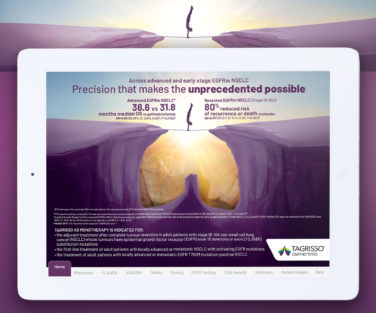Death by medical error or accident1 is the nation’s leading cause of accidental death, exceeding all other causes2 of accidental death combined. That’s a pretty startling statistic!
Most medical errors are understood to stem from divided attention, but the rarely answered question is: Why? As a healthcare professional with over 20 years’ experience, I can point to two specific reasons, both of which are avoidable.
The first is exhaustion. Many healthcare practitioners work very long shifts with few breaks so they don’t get time to adequately fuel and replenish their bodies. Burnout, suicide, and divorce rates are some of the highest in any profession.
The second reason, which is often overlooked, is a fear of litigation. Operating in a climate of fear and blame where mistakes can result in loss of life, does not encourage much reflection.
The traditional response in hospitals might be to introduce more policies and standard practices, such as critical incident reporting. While this has value and can help safeguard patients by reducing medical errors and improving the standard of care, it doesn’t address the fundamental underlying issues.
The single most important factor is empowering carers to care by giving them the tools to develop resilience without that fear of reprisal. One of those tools is reflection. Another is a thorough grounding in self-care.
Giving ourselves permission to reflect each day—even if just for five minutes—can make a significant difference to our performance. Not just if we’ve caused harm but whenever we experience any twinge of regret; for example, speaking harshly to someone.
As medical professionals we’ve trained hard to get where we are in our careers, which can lead to a tendency towards arrogance because we may have knowledge others don’t. Learning humility through reflection is an important antidote to that arrogance.
How to Practice Reflection
Once we’ve identified something we regret we need to experience it viscerally. Thinking alone doesn’t allow the experience to sink in. When we can fully own our feelings of shame, guilt, and remorse and allow them to exist, they will guide us well. Tenderness and learning can come from just giving ourselves the time to be vulnerable. Journaling about what went wrong and how we felt about it is the first step.
The second step is to observe ourselves feeling our feelings. By zooming out and taking the witness perspective we may start to feel compassion for this human being who has learned to be a healthcare professional.
Step three is remembering we’re a good person, regardless of the situation behind our regret and remorse. We came here to do and give our best—it’s important to remember that.
The final step is to formulate an intention and decide to make a better choice next time we’re faced with a similar situation.3 That puts us firmly in the driver’s seat. With the right training and support, physicians can improve patient safety by taking better care of themselves every day.
References:
1. https://www.statnews.com/2021/08/04/medical-errors-accidents-ongoing-preventable-health-threat.
2. https://www.cdc.gov/nchs/fastats/accidental-injury.htm.
3. Bonhoeffer, J & Ardagh, A. (2021). Dare to Care – How to Survive and Thrive in Today’s Medical World. Basel: Heart Based Medicine.









